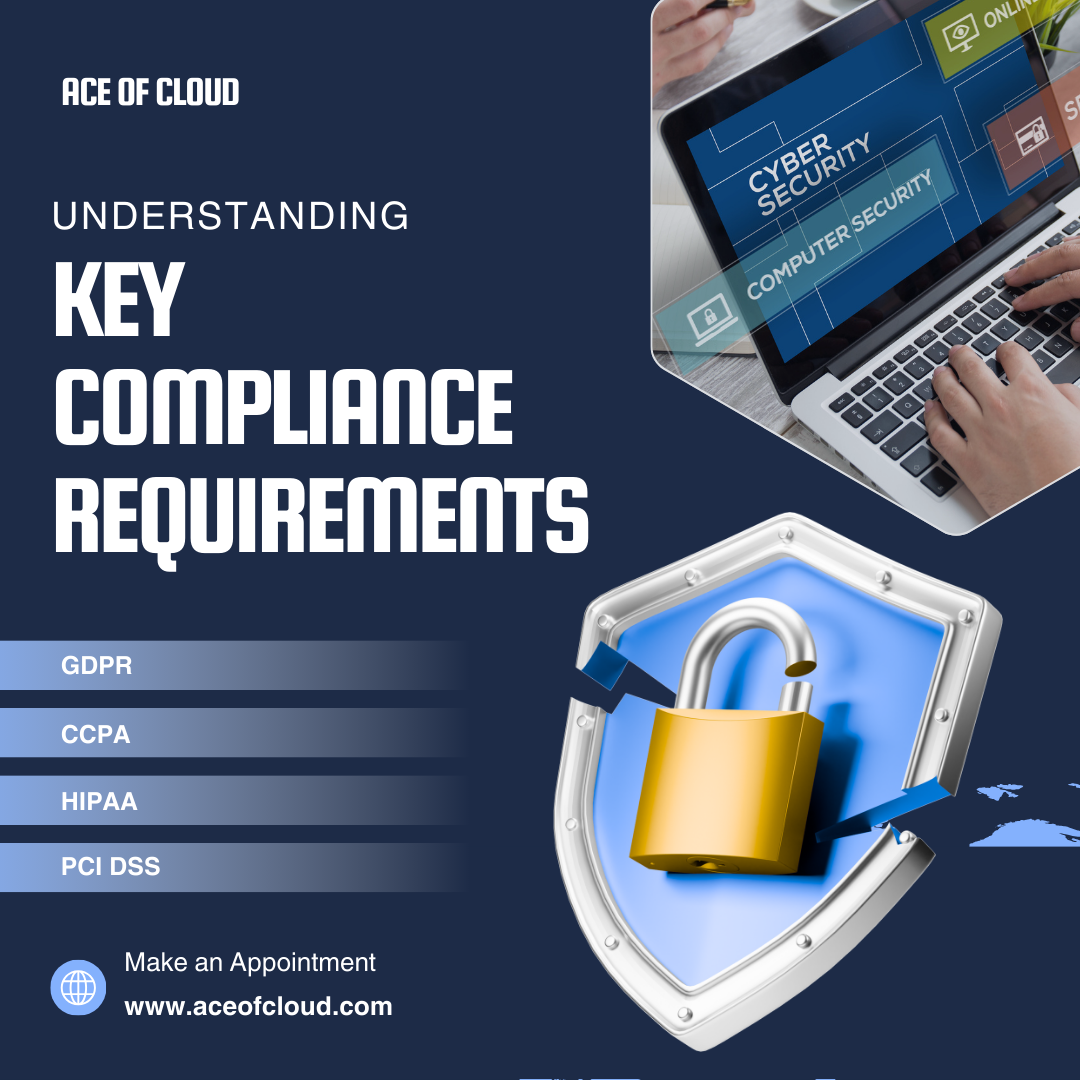In today's data-driven world, staying compliant with major regulations is crucial for any organization. This post will dive into the specifics of four key compliance regulations: GDPR, CCPA, HIPAA, and PCI DSS. We’ll explore the core requirements of each regulation and discuss the implications for your organization. Additionally, we'll touch on strategies for keeping up with evolving compliance standards.
GDPR: General Data Protection Regulation
The General Data Protection Regulation (GDPR) is a comprehensive data protection law that applies to all organizations operating within the EU or handling data of EU citizens. Here are the key requirements:
1. Data Subject Rights: Individuals have rights over their data, including the right to access, rectify, and erase their data.
2. Lawful Basis for Processing: Organizations must have a valid reason to process personal data, such as consent, contractual necessity, or legitimate interest.
3. Data Protection Impact Assessments (DPIAs): Required for high-risk processing activities to identify and mitigate risks.
4. Breach Notification: Organizations must notify supervisory authorities within 72 hours of a data breach.
5. Data Protection Officers (DPOs): Appointing a DPO is mandatory for certain organizations based on the scale and type of data processing activities.
Implications: Non-compliance can result in hefty fines (up to €20 million or 4% of global turnover). Organizations must establish robust data protection practices and ensure transparency with data subjects.
CCPA: California Consumer Privacy Act
The California Consumer Privacy Act (CCPA) grants California residents greater control over their personal information. Key requirements include:
1. Consumer Rights: Includes the right to know what personal data is collected, the right to delete personal data, and the right to opt-out of the sale of personal data.
2. Notice Obligations: Businesses must inform consumers about the categories of personal data collected and the purposes for which they are used.
3. Opt-Out Mechanism: Providing a clear and accessible way for consumers to opt-out of data sales.
4. Non-Discrimination: Businesses cannot discriminate against consumers who exercise their CCPA rights.
Implications: Non-compliance can result in fines of up to $7,500 per violation. Companies need to update their privacy policies, establish data inventories, and implement mechanisms to handle consumer requests efficiently.
HIPAA: Health Insurance Portability and Accountability Act
HIPAA sets the standard for protecting sensitive patient data in the United States. Key requirements are:
1. Privacy Rule: Ensures the protection of individuals’ medical records and other personal health information (PHI).
2. Security Rule: Requires appropriate administrative, physical, and technical safeguards to ensure the confidentiality, integrity, and security of electronic PHI.
3. Breach Notification Rule: Mandates covered entities to notify affected individuals, HHS, and sometimes the media in the event of a breach.
4. Enforcement Rule: Contains provisions relating to compliance and investigations, penalties for violations, and procedures for hearings.
Implications: Violations can lead to significant fines and criminal charges. Organizations must ensure that all staff are trained on HIPAA requirements and that proper safeguards are in place to protect PHI.
PCI DSS: Payment Card Industry Data Security Standard
PCI DSS is a set of security standards designed to ensure that all companies that accept, process, store, or transmit credit card information maintain a secure environment. Key requirements include:
1. Build and Maintain a Secure Network: Install and maintain a firewall configuration to protect cardholder data.
2. Protect Cardholder Data: Encrypt transmission of cardholder data across open, public networks.
3. Maintain a Vulnerability Management Program: Use and regularly update anti-virus software.
4. Implement Strong Access Control Measures: Restrict access to cardholder data by business need to know.
Implications: Non-compliance can result in fines, increased transaction fees, and even the loss of the ability to process credit card payments. Organizations need to conduct regular security assessments and ensure compliance with all PCI DSS requirements.
Staying Updated with Evolving Compliance Standards
Compliance is not a one-time effort but an ongoing process. Here are some strategies to stay updated:
1. Regular Training: Conduct periodic training sessions for employees on the latest compliance requirements and best practices.
2. Subscribe to Updates: Sign up for updates from regulatory bodies and professional organizations.
3. Hire Experts: Engage compliance professionals or consultants who specialize in the relevant regulations.
4. Use Technology: Implement compliance management software to automate monitoring and reporting processes.
5. Participate in Industry Groups: Join industry groups and forums to stay informed about new developments and share best practices.
By understanding and adhering to these key compliance regulations, organizations can protect themselves from legal repercussions, build trust with customers, and maintain a positive reputation in the marketplace.

